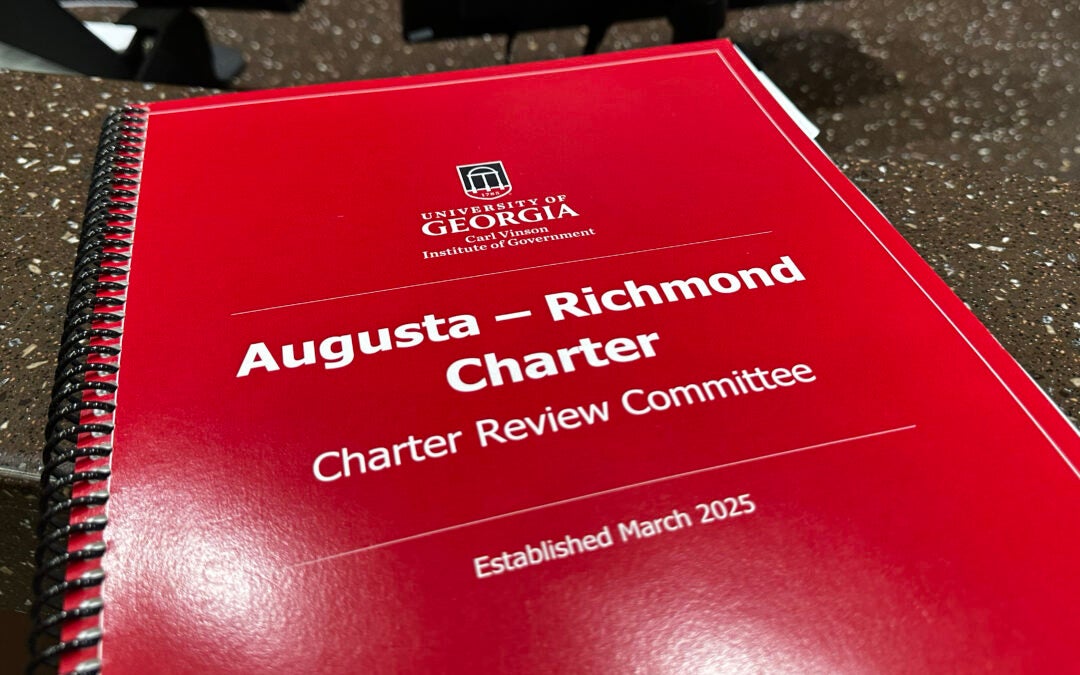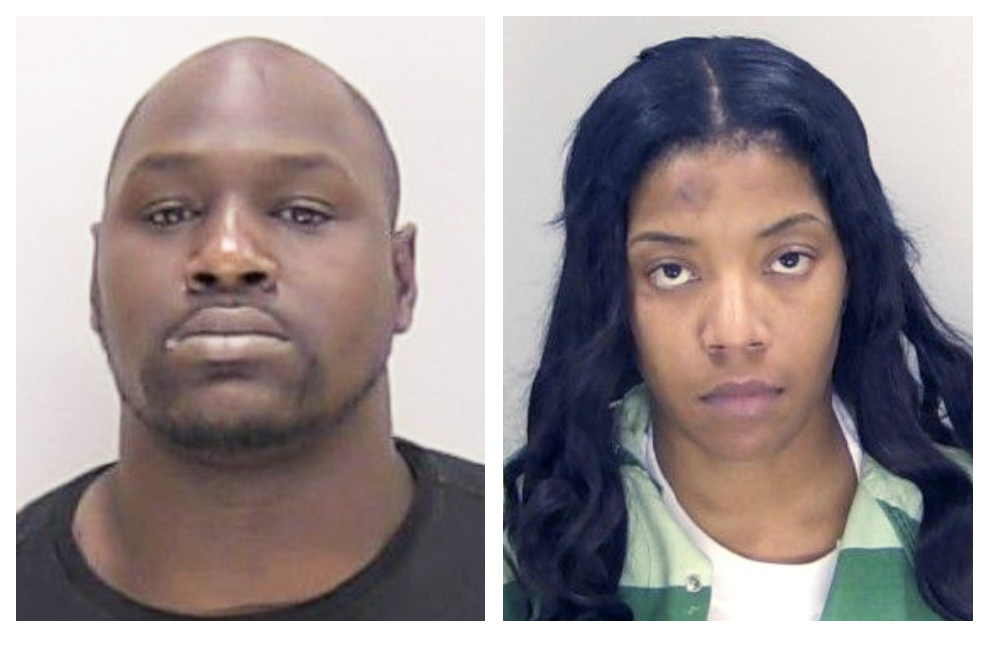“Now faith is the substance of things hoped for, the evidence of things not seen.”
Hebrews 11:1 (KJV)
I remember shortly after receiving my master of ministry degree (M. Div.) in 1992, I thought about continuing my studies and doing a doctor of ministry (D. Min) on “The Theology of Hope: the priest, as mediator between God and God’s people.”
However, I quickly became submerged in parish ministry here in Augusta and discovered that contextual ministry, for the pastor, is lived and modeled in the parish and is about giving hope to people of faith. Needless to say, I did not pursue that advanced degree. But the work and study, for me, continued in a practical way; I learned that hope, for the people who looked to me as their pastor, was all about the pastor helping the people believe in God or something beyond themselves, and having hope to survive this present age and most importantly, hope to believe that there is something for them in the next life.
Opinion
Hope and Faith
The central theme of theology of hope is promise. The Christian faith is a lived faith in the here and now with the promise of eternal life. German theologian Jürgen Moltmann argues in the Theology of Hope, that the promises of God can and will make all things right. For Christians, these promises are offered most clearly in the passion, death, and resurrection of Jesus Christ.
Faith is a belief that expresses a current state of affairs, and it can provide a sense of stability and reassurance that “all will be well … all manner of things will be well,” as Julian of Norwich is famously remembered for having said. It can also imply a deeper spiritual or philosophical commitment. Faith involves trust in a person, Jesus Christ, and receiving and treasuring that trust.
Hope plays a major role in the Christian walk as we anticipate eternal life with our Creator. We long for good things in our daily life as well. For example, we hope for a happy marriage, a better life for our kids and a positive outcome in all our endeavors. Being confident in the love of God fuels this hope in us. We believe that God is in control and has good things in store for us, in this life and in the life to come.
I had a systematic theology professor at the Virginia Theological Seminary, who after his opening prayer, began each class lecture with these words: “It is a pleasure to DO theology today.” I agree; in the midst of doing theology as a pastor, we work out our understanding of who the Theos, God, is in our lives. In that process, I have discovered that many Christians, while discovering who God is, ask about faith: how to have it, grow it, maintain it, but not many Christians ask about hope. I think it is important to know about both, because much to my surprise, many people that I have experienced get the two mixed up.
Defining faith
The writer of the Book of Hebrews, (11:1 KJV) says: “Now faith is the substance of things hoped for, the evidence of things not seen.” By definition, faith is confidence or trust in something, or someone not based on proof. In other words, it is believing in things unseen. So, what exactly is the difference between faith and hope?
Biblically speaking, faith says that whatever you are hoping for is here now. Hope says there is a chance of it happening sometime in the future. The Holy text tells us to hope in the Lord; it tells us God has plans to give us hope and a future (Jeremiah 29:11). But nowhere in the Bible does it say that hope brought on a miracle from the Lord. It wasn’t by hope that Jesus raised Lazarus from the dead. It wasn’t with hope that Jesus fed the multitude. All those acts were done in faith.
Don’t get me wrong; hope is not unimportant. God would not tell us to have hope if it was not important. But we must take notice when we are using hope in place of faith. There are many believers walking around with their hopes up but ultimately have little faith when it comes to their prayers, actions and expectations. We have to make sure that we aren’t just hopeful. Don’t stop having hope, don’t stop having an optimistic attitude. But don’t stop checking yourself. Stop and ask yourself, do you truly believe? No matter the circumstances? Make sure what you have is hope and faith combined.
What to do when hope prevails but faith fails
Think of it this way, If you can’t honestly see yourself accomplishing your dream, then you won’t accomplish that dream. So, what do you do if you realize you have hope but no faith? It may seem odd at first, but I recommend applying regular Biblical study to your daily prayers. Consider fasting, continue going to your place of worship, being in community with others and continue walking in righteousness.
It is good to make these things a rule of life and incorporate them as regular disciplines. Soon, you will see the manifestation of your prayers. God will answer you in such a way, that you know it was nobody and nothing except Almighty God who came into your life and moved things around in your favor. Most importantly, do not confuse delay for abandonment. Just because it hasn’t happened now doesn’t mean it won’t happen ever.
Finally, faith and hope are natural products of our life. Having faith that God is at work in our lives and has our best interest at heart, can only add peace to our lives. Hope helps us through hard times, and it increases joy in our lives when life is going well, and it strengthens us when it is not. At least, that has been my experience.
Faith in God and hope for eternal life, as promised in Jesus Christ, gives us a perspective on how to live our life to the fullest in this world with the assurance of everlasting life in the world to come.
Rev. Bill Alford is a retired priest who served St. Alban’s Episcopal Church for the last 30 years and who has been priest-in-charge of the Church of the Atonement in Hephzibah for the last three years. Originally from Albany, Ga., Rev. Alford is a Navy Veteran who sings with and who is on the Board of Directors for the Augusta Choral Society.










